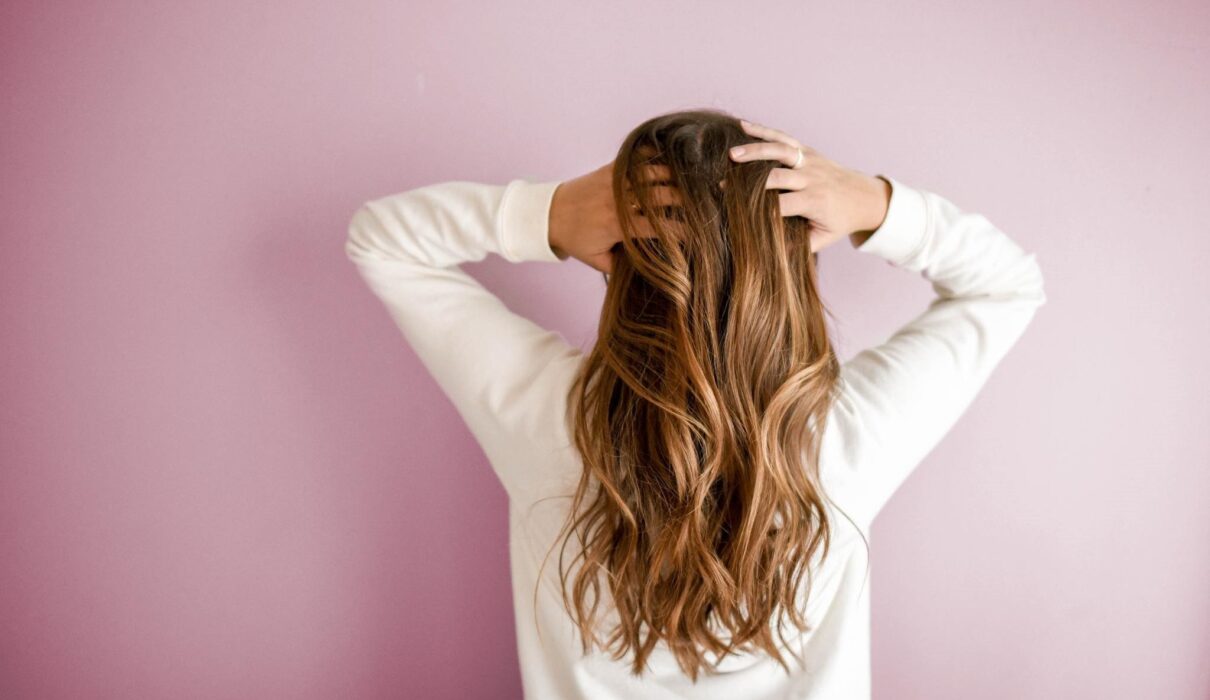If you’re experiencing oily hair and would like to restore a healthier balance, here are some strategies to help you get back from oily hair:
Adjust your shampooing routine: Find a balance in how frequently you shampoo your hair. Over-washing can strip away natural oils, prompting the scalp to produce more oil. However, not washing often enough can lead to a buildup of oil and dirt. Experiment with washing your hair every other day or every two days to see what works best for you.
Choose the right shampoo: Opt for shampoos specifically formulated for oily hair or those labeled as “clarifying” or “oil control.” These shampoos are designed to cleanse the hair and scalp thoroughly while regulating oil production. Look for ingredients like tea tree oil, citrus extracts, or salicylic acid, which can help control oiliness.
Focus on the scalp: When shampooing, concentrate on massaging the shampoo into your scalp to remove excess oil and buildup. Gently lather the shampoo and rinse thoroughly. Avoid applying conditioner directly to the scalp, as it can contribute to oiliness. Instead, focus on applying conditioner to the mid-lengths and ends of your hair.
Use dry shampoo sparingly: Dry shampoo can be helpful for absorbing excess oil and extending the time between washes. However, excessive use can lead to product buildup and make your hair feel heavy. Use dry shampoo as needed, but try not to rely on it as a long-term solution.
Avoid heavy or oil-based hair products: Choose lightweight hair care products, such as mousses, gels, and hairsprays, that won’t weigh down your hair or add extra oil. Look for products labeled as “oil-free” or “lightweight.”
Rinse thoroughly: When washing your hair, make sure to rinse it thoroughly to remove all shampoo and conditioner residue. Residual products can contribute to buildup and make the hair appear greasier.
Limit heat styling: Heat styling tools like blow dryers, straighteners, and curling irons can stimulate oil production. Minimize the use of these tools and opt for air-drying whenever possible. If you must use heat styling tools, use them at the lowest heat setting and apply a heat protectant spray beforehand.
Avoid touching your hair excessively: Touching your hair throughout the day can transfer oil from your hands to your hair, making it greasier. Try to minimize touching and brushing your hair unnecessarily.
Consider your diet: While diet alone may not be the sole cause of oily hair, a balanced diet rich in fruits, vegetables, and whole grains can contribute to overall hair health. Some individuals find that reducing their intake of greasy and fried foods can help improve oiliness.
Consult a professional: If you’ve tried various strategies and are still struggling with excessively oily hair, it may be beneficial to seek advice from a dermatologist or trichologist. They can assess your hair and scalp condition, identify any underlying causes, and recommend targeted treatments or products.
Remember, it may take time to find the right routine and products that work for your hair. Be patient and consistent with your hair care practices, and adjust as needed based on your hair’s response.


